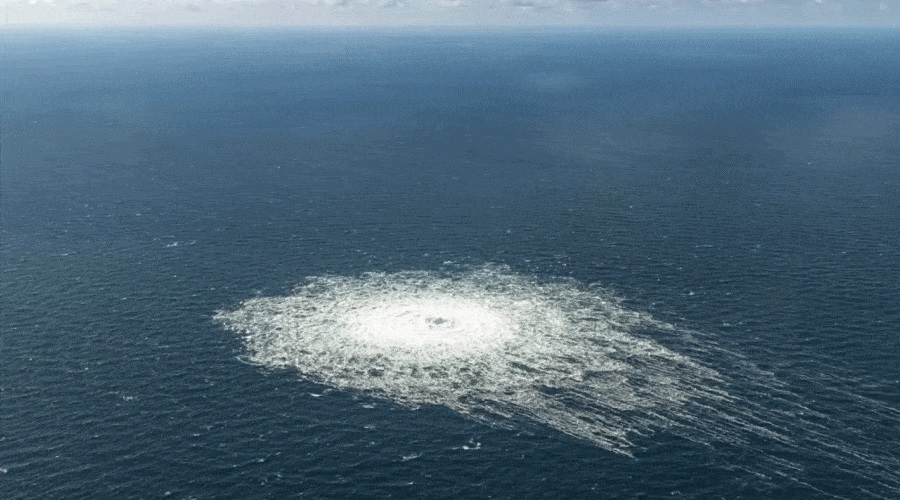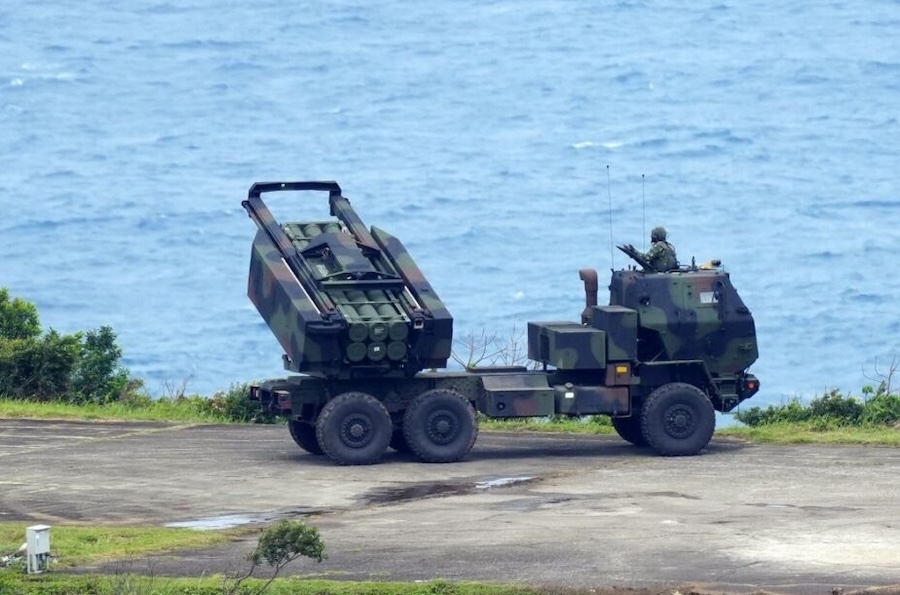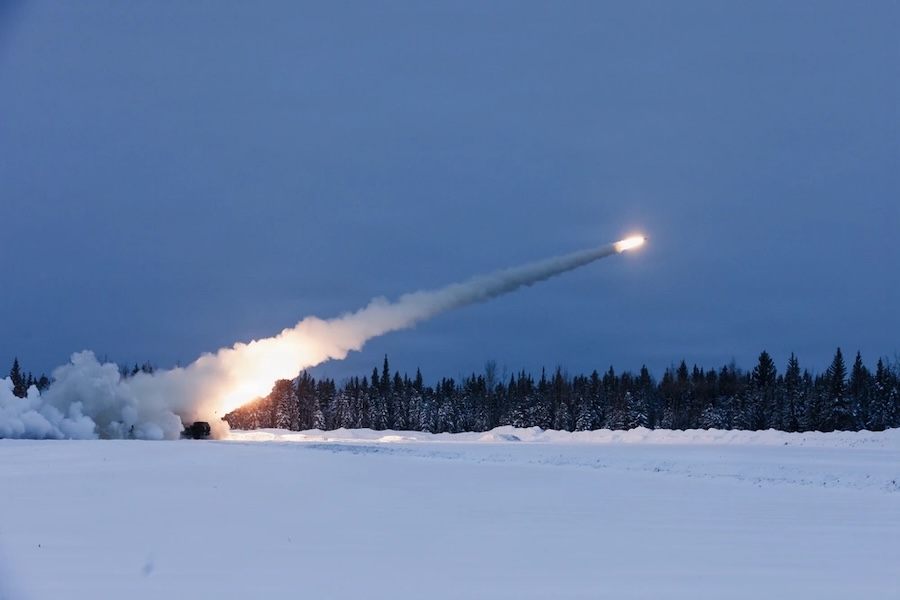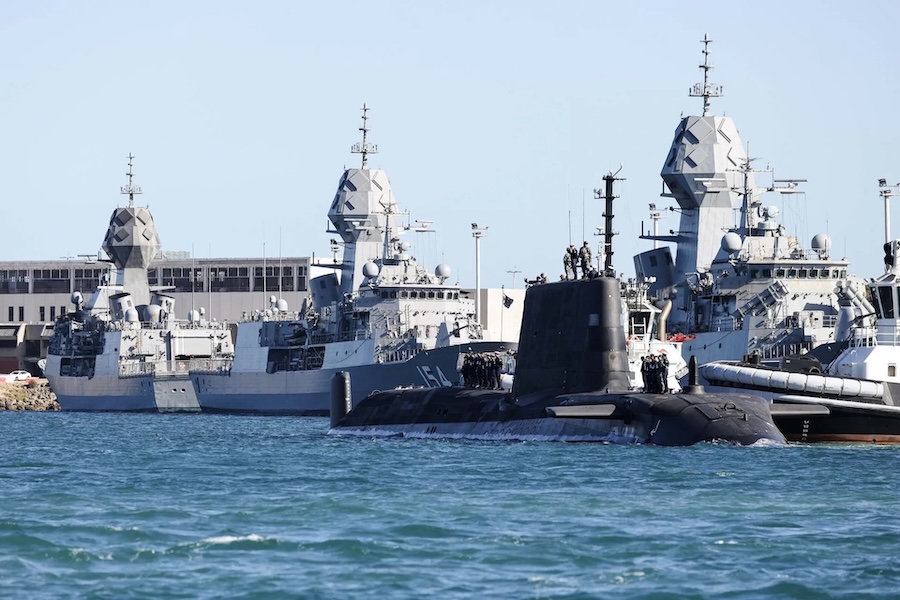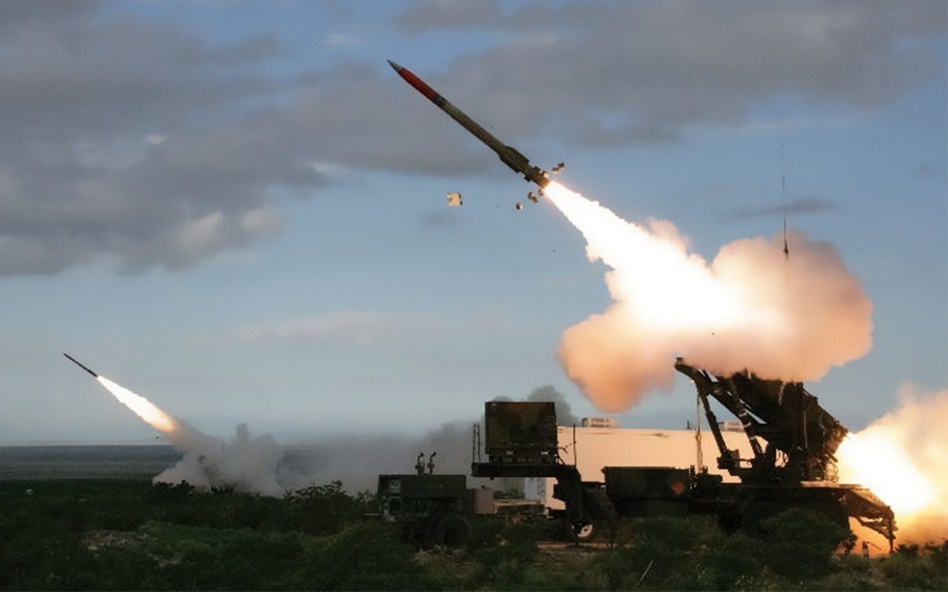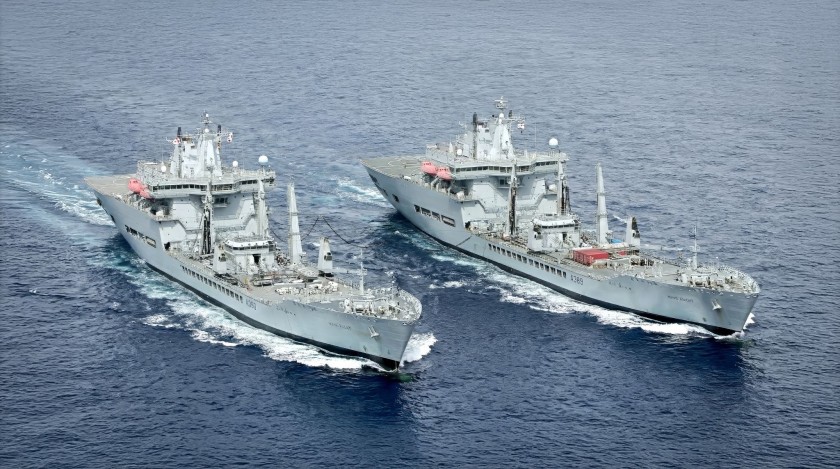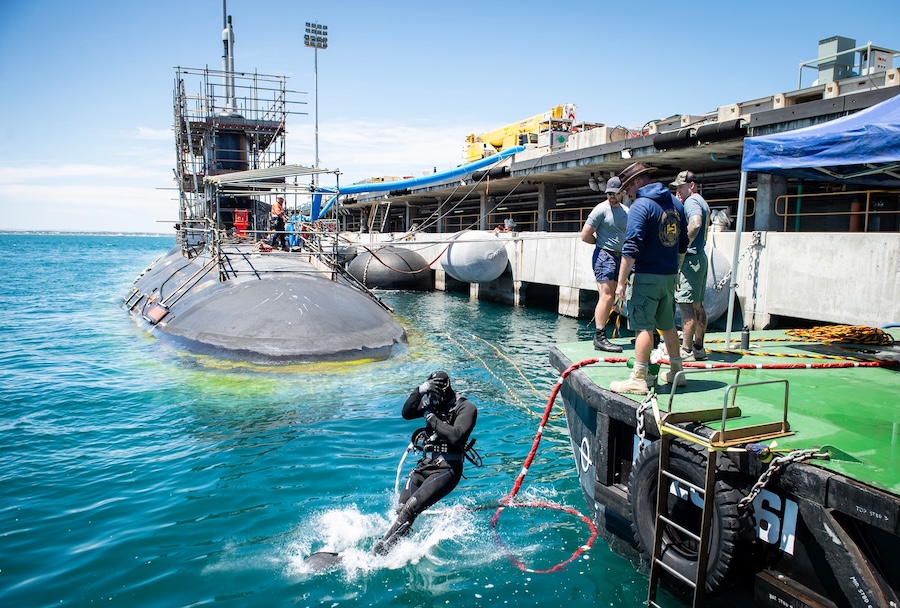Police sources told Sky News that Serhii K. was on holiday with his family when he was detained in San Clemente, in the Rimini province on Italy’s Adriatic coast. The arrest followed a police check prompted by a European arrest warrant, and the suspect is being held in jail pending a decision on extradition by the Appeal Court in Bologna.
German prosecutors said the group had set off from Rostock on Germany’s north-eastern coast in a sailing yacht rented from a local company using forged identity documents and intermediaries. Serhii K. will be transferred to Germany, where he faces charges of collusion to cause an explosion, anti-constitutional sabotage and destruction of buildings.
Germany’s justice minister Stefanie Hubig welcomed the arrest as an “impressive success” for state prosecutors. She added: “The bombing of the pipelines must be investigated, including through criminal prosecution. Therefore, it is good that we are making progress in this regard.”
The September 2022 explosions severely damaged three pipelines carrying Russian gas to Europe, escalating the Ukraine conflict and deepening the continent’s energy crisis. No group has claimed responsibility, with Russia and the West both describing the damage as sabotage, while the US and Ukraine previously denied involvement as Moscow blamed Western governments.
Denmark and Sweden closed their Nord Stream investigations in February 2024, leaving Germany as the only country still pursuing the case. Danish authorities concluded there had been “deliberate sabotage of the gas pipelines” but said there were “insufficient grounds to pursue a criminal case”, while Sweden cited a lack of jurisdiction.
The leaks occurred in international waters but within Denmark’s and Sweden’s exclusive economic zones. The damaged pipelines, built by Russia’s state-controlled energy company Gazprom, released vast quantities of methane, a greenhouse gas, into the atmosphere for several days.
Source: SkyNews.


